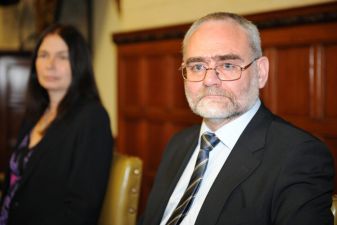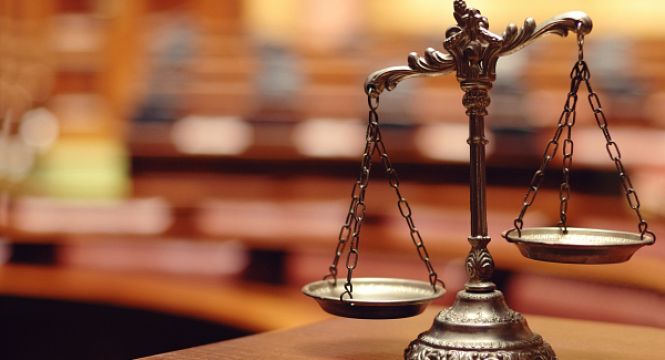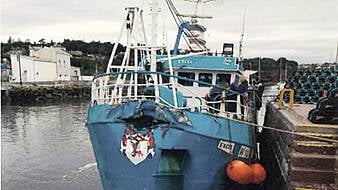The Special Criminal Court was entitled to use the opinion evidence of a garda chief superintendent in convicting a man of IRA membership, despite the officer's refusal to answer questions about how he formed his opinion, the Court of Appeal has found.
President of the court Mr Justice George Birmingham said the use of opinion evidence in IRA membership trials is "very unwelcome from the perspective of those charged with the offence" and has "given rise to debate and unease among civil society."
However, he added that it has been part of Irish law for nearly 50 years and despite numerous challenges, "its validity as part of Irish statutory law remains and, as such, courts must give effect to it."
Normal procedure
He said that it is normal procedure for a chief superintendent to claim privilege over the material they use to form their opinion. He added: "The fact that privilege is claimed and upheld... does not mean that courts are precluded from placing reliance on the evidence of the chief superintendent."
Mr Justice Birmingham was delivering judgment on an appeal by Conor Metcalfe (30) of Monastery Park, Clondalkin who was found guilty of IRA membership in December 2018 by the three-judge, non-jury Special Criminal Court. He was jailed for four years and six months.
The State's case against Metcalfe was based on the belief evidence of Detective Chief Superintendent Anthony Howard. Det Supt Howard, who is head of the Special Detective Unit, gave evidence that he believed Metcalfe was a member of the IRA on November 24, 2015, on the basis of material he had reviewed.
He claimed privilege over all the material that he relied upon and cited the protection of life and the security of the State as his reasons for doing so.
Inferences
The belief evidence was supported by inferences drawn from Metcalfe’s failure to answer material questions at interview after gardaí had invoked Section 2 of the Offences Against the State Act.

The Act allows a court to draw inferences from a suspected person's failure or refusal to answer questions regarding alleged IRA membership. Metcalfe had refused to answer dozens of questions relating to his activities with other known and convicted IRA members in 2015.
Mr Justice Birmingham said he found nothing unusual in the way in which privilege was claimed in this case and pointed out that the accused man did not get into the witness box to deny that he was a member of the IRA. He said he is satisfied the court was entitled to rely on the belief evidence which was supported by Metcalfe's refusal to answer relevant questions put to him.
Mr Justice Birmingham said the questions asked of Metcalfe were cogent and the inferences drawn by his refusal to answer were proper.
He added: "The court of trial was fully entitled to conclude that there was evidence on which it could convict, and indeed it might be said it would be very surprising if they concluded otherwise. We have not been persuaded that the trial was unfair or that there is anything unsafe about the conviction."







